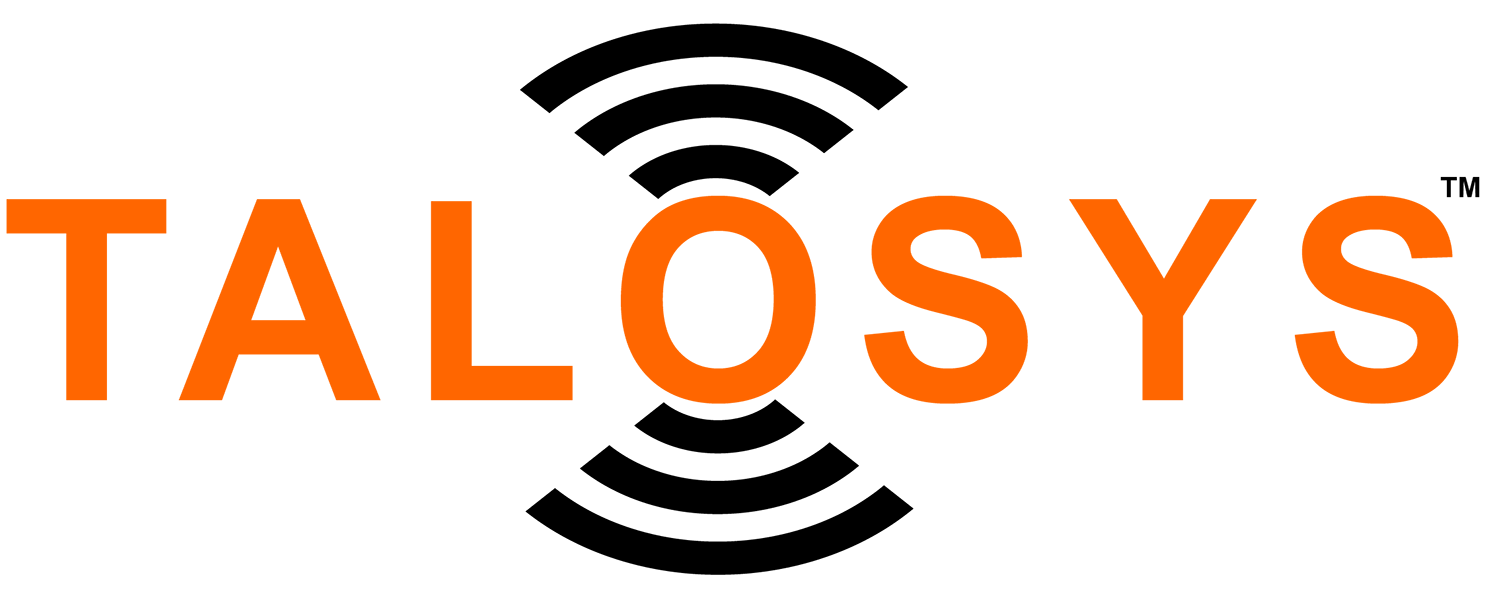Defense
Cities across the globe are fast transforming into smart cities to improve quality of life, environment, healthcare systems, air quality, and citizen services.
Greater concentration of population in cities will require that the cities provide more sustainable and efficient services in order to maintain a higher quality of life for the residents. Innovative applications will monitor water and energy supply, air quality, transportation, as well as city services like street lighting, waste management, public safety, and security.
- Your content goes here. Edit or remove this text inline or in the
- module Content settings. You can also style every aspect of this content in the module
- Design settings and even apply custom CSS to this text in the module Advanced settings.
Environment Monitoring
Smart sensors monitor noise, air and water pollution and keep citizens informed of air quality, conditions and pollutants. Parks and gardens can be irrigated optimally by monitoring soil moisture thereby reducing waste and unscheduled maintenance.
Parking Management
Parking spaces are monitored and managed more efficiently, generating incremental revenue as well as aiding parking providers to adopt dynamic pricing. The city can monitor multiple parking spots automatically and ensure that parking violations are cited efficiently with less manpower.
Safety/Security
Smart sensors provide information on asset location, detect open doors, windows or movement of assets, and devices send alerts when smoke and fire is detected.
Safety/Security
Smart sensors provide information on asset location, detect open doors, windows or movement of assets, and devices send alerts when smoke and fire is detected.
Street Lighting
Cities are able to manage their energy footprint more effectively, detect outages, broken lights or supply outages. Intelligently managing lighting, Cities are able to promote security in urban areas as well as improve safety for pedestrians, riders and road users.
Smart Meters
Smart utility meters can be used for real-time monitoring of electrical power usage, consumption of water, and gas emissions.
Waste Management
Understanding the status of waste bins enables city service providers to react to real-time fill levels, avoiding containers spillovers and littering, allows for more efficient refuse collection and reduces unnecessary pick-ups of half-empty bins thereby saving fuel and reducing pollution. Cities gain visibility of patterns and trends and can better cater to citizens’ needs.
Waste Management
Understanding the status of waste bins enables city service providers to react to real-time fill levels, avoiding containers spillovers and littering, allows for more efficient refuse collection and reduces unnecessary pick-ups of half-empty bins thereby saving fuel and reducing pollution. Cities gain visibility of patterns and trends and can better cater to citizens’ needs.
